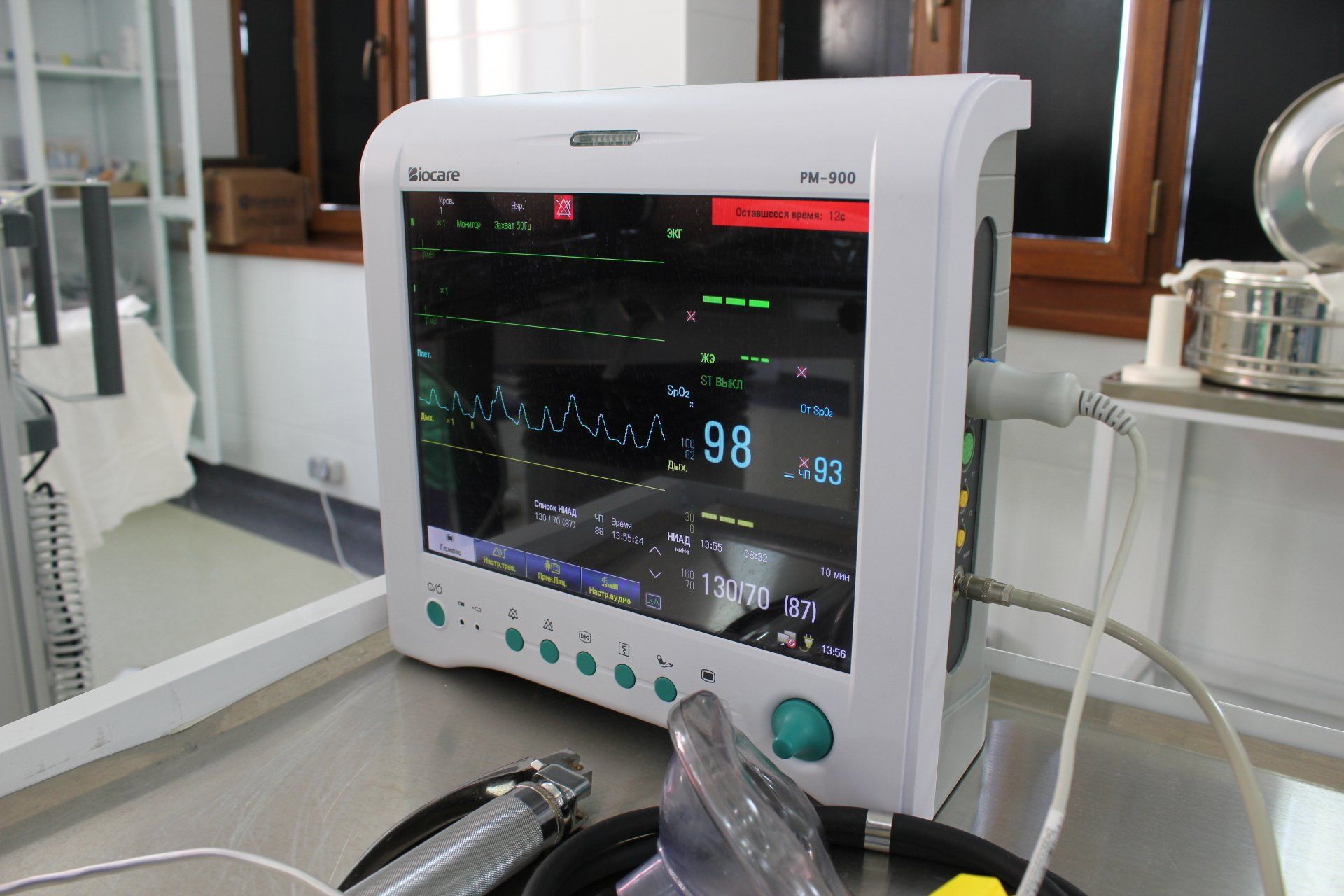What is Heart Failure?

Heart failure is a condition where your heart is no longer able to pump sufficient blood and oxygen to the other tissues and organs of your body. This is often the result of an injury to your heart, which can occur from things like high blood pressure, coronary artery disease, or a myocardial infarction (heart attack), among other heart conditions.
There are four different types of heart failure: Left-sided, right-sided, diastolic, and systolic.
- Left Sided Heart Failure: This is the most common type of heart failure. There are two forms of left sided heart failure: systolic failure and diastolic failure.
- In systolic heart failure, the heart is unable to pump blood effectively. This results in a decreased ejection fraction, which measures the amount of blood ejected from the heart with each contraction. A normal ejection fraction is 55-65%. When a person has systolic heart failure, their ejection fraction is less than 40%.
- With diastolic heart failure, the ventricles of the heart are unable to relax between heart beats. Because the heart is unable to relax, it doesn’t fill the heart chambers with blood during diastole, or this rest period. When this happens, the pressure inside the heart ventricles must increase to fill it, causing blood to build up inside of the left atrium and the lungs. This can lead to symptoms of fluid congestion and heart failure. A person with diastolic heart failure will have a normal ejection fraction.
- Right-Sided Heart Failure: Right sided heart failure is when the right ventricle of the heart does not pump effectively. When this happens, fluid backs up into the venous system, which is a system of blood vessels that carry blood throughout your body. This causes fluid to move into the tissues of other organs which causes swelling in the face, neck, stomach, and legs.
What are some signs and symptoms of heart failure?
The symptoms of heart failure vary between people, but the most common symptoms are
- shortness of breath
- swelling
- weight gain, fatigue
- frequent coughing
- lack of appetite
- chest pain
- inability to lie flat
- decreased exercise tolerance
How is heart failure diagnosed?
Heart failure can be challenging to diagnose since the signs and symptoms of heart failure are similar to other medical conditions.
If your doctor suspects your symptoms are related to your heart, you will need to have an echocardiogram of your heart. This will give your doctor information about the heart chamber size, ejection fraction, heart valve function, wall thickness, and will also measure the pressure inside your heart and check for any blood clots in your heart.
You may also need to have tests such as an:
- EKG
- heart monitor
- stress test
- cardiac MRI
- cardiac catheterization.
Your doctor may also check your BNP level, which will be elevated if you have heart failure.
Summary
Heart failure occurs when your heart is no longer able to pump enough blood to your body and brain. There are several types of heart failure and treatment will be based on the type of heart failure you have and your symptoms.
Talk to your doctor about what heart failure treatments are right for you.
References:
Brown, D., Edwards, H., Buckley, T., & Aitken, R. L. (2020). Lewis's medical-surgical nursing:
Assessment and management of clinical problems. Elsevier.
Diastolic heart failure: HFPEF, left-sided heart failure, symptoms. Cleveland Clinic. (n.d.).
Retrieved September 27, 2022, from https://my.clevelandclinic.org/health/diseases/22950-
Systolic heart failure. Johns Hopkins Medicine. (2022, July 11). Retrieved September 27, 2022,
from https://www.Hopkinsmedicine.org/health/conditions-and-diseases/systolic-heart-
Treatment options for heart failure. www.heart.org. (2022, August 10). Retrieved September 27,
2022, from https://www.heart.org/en/health-topics/heart-failure/treatment-options-for-
Thank you for reading Patient Education Essentials, the Write Shift RN blog.
Disclaimer: This article was written as a guest post for Write Shift RN LLC's blog. The information in it may not be wholly fact-checked or edited, allowing the reader to see the writer's work and skills firsthand.
This information is not intended as medical advice. It is for informational and educational purposes only. Always talk to your doctor or other qualified healthcare providers about any questions or concerns you may have regarding medical conditions.











